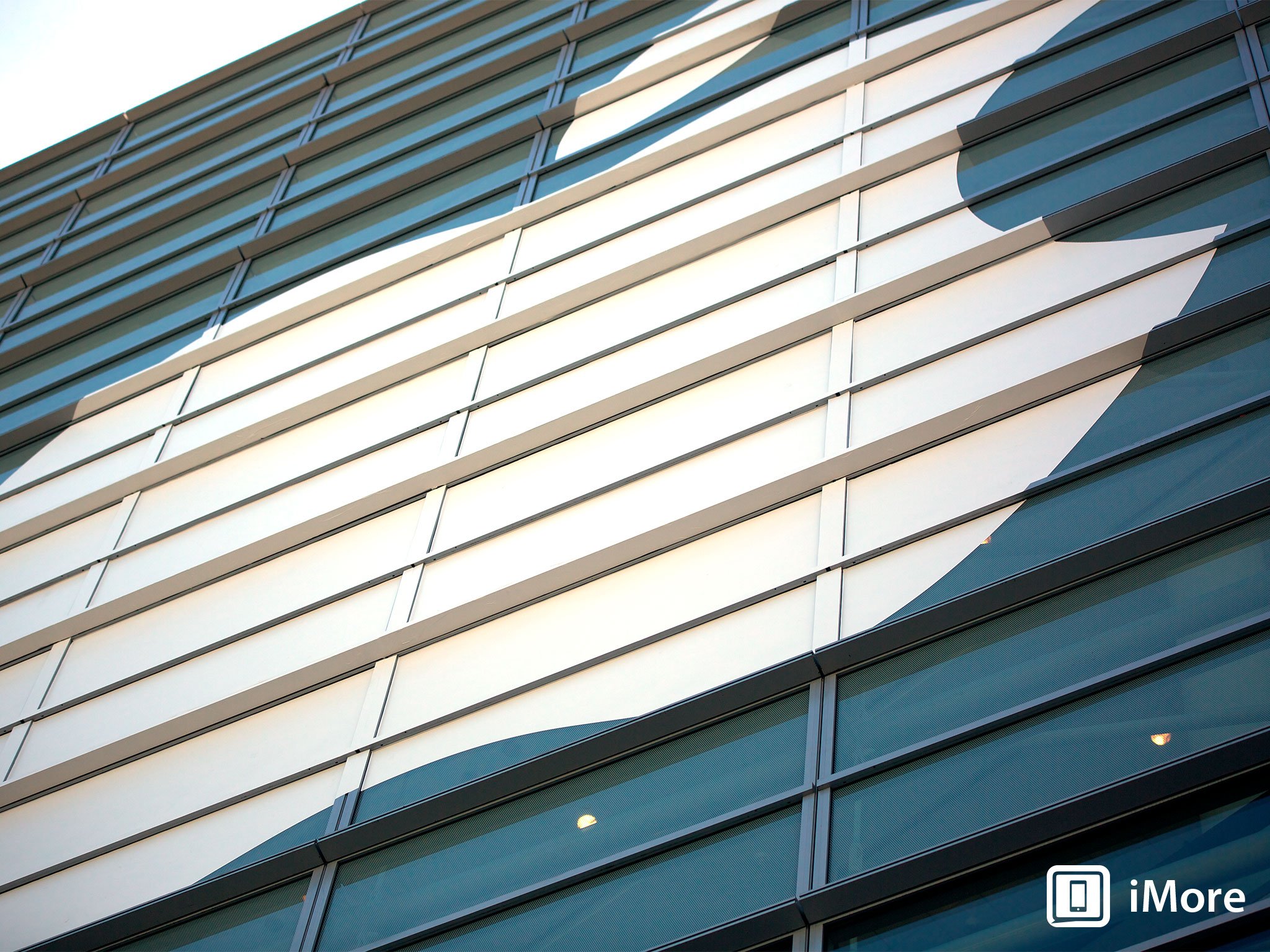Many financial analysts don't understand that they don't understand Apple, and that's dangerous

Last week Apple announced the iPhone 5s and iPhone 5c. They'll be shipping both starting tomorrow, and shipped iOS 7 just yesterday. Surrounding this enormous product roll out has been some of the worst Apple coverage I've ever seen. It's been clear for a number of years that many mainstream financial analysts and media outlets simply don't "get" Apple. This week made it painfully clear just how badly they don't get it, and how big of a problem that is.
One major argument many have made is in regards to Google, and how their continuing devaluation of hardware could negatively impact Apple. The argument centers around price of the new iPhones, especially the iPhone 5c, which many analysts "predicted" would be much, much lower than it turned out to be. Off contract, however, the iPhone 5c remains very expensive, especially for emerging markets. A Nexus 4, for example, is less than half the price of an iPhone 5c.
But Apple isn’t competing on price and never has. Price will never be the single most important feature for Apple. Yes, I was hoping Apple would launch a lower priced iPhone for the emerging markets this year. But as I already wrote, Apple will most likely do this at some point.
Apple has a history of reducing price only as and when needed. They wait for consumer pricing to fall at the low end, and they respond by shrinking their premium prices accordingly. They still wind up with premium prices in all cases, but they move down as the market moves down. Five years ago did you ever think a Macbook Air would start at $999? I certainly didn’t.
In most developed markets where phones are sold on contracts, the retail price of an iPhone is hardly any different than any other phone. The carriers are subsidizing the hardware. Why would they over-subsidize an iPhone? Because Apple products give them sticky customers more often than not. This is a generalization, but it’s a useful one. Apple makes awesome products that people flock to because of their style and simplicity. If you ask many of the non-geek crowd they will tell you Apple’s iPhone is super easy to use, whereas Android seems complicated. Heck, people are easily confused by the swipe gestures in BlackBerry 10. It doesn’t take much to confuse some people. Apple gets that.
The next big knock against Apple's new iPhones is screen size. Competing phones have both bigger screens - some upwards of 6-inches - and pixel resolution - some up to 1080p. The resolution matters less. Most phones have resolutions today so far beyond what the average person can make out with the naked eye that it’s irrelevant. It’s like comparing the top speed on a Tesla Model S to a Porsche 911 when you’re stuck driving on streets with fairly normal speed limits. I’m a tech geek and I don’t even care about the difference.
As far as screen size goes, customers vote with their wallets. Back in August iMore's Rene Ritchie outlined the North American market realities for a bigger screen iPhone. Just like with less expensive phones, I think Apple will address larger screen phones, they just don't have to do it this month.
Master your iPhone in minutes
iMore offers spot-on advice and guidance from our team of experts, with decades of Apple device experience to lean on. Learn more with iMore!
The third argument is dismissal of one of the new, headline features of the iPhone 5s - the Touch ID fingerprint identity sensor. It's being compared to archaic implementations from old Dell laptops and Android and Windows Mobile phones.
There is a lot more to a fingerprint sensor than the five syllables we use to identify it in language. If we are going to over simplify things this way, why not laugh at the idea of an updated anything? Isn’t a smartphone built in 2013 pretty much the same as one from 2007? Aren't capacitive touch screens the same as resistive? LTE the same as EDGE? Obviously not. And with fingerprint sensors we have improvements in hardware and software. Apple masterful at making things simple, and I’m guessing most people’s experiences with fingerprint sensors on notebook computers in 2007 would be described as anything but simple.
It all comes down to user experience, folks. These are the things Apple nails. And I think it’s important for Apple to be leading the way on fingerprint sensors in mobile computers. This technology should be a big time saver and security booster in a world where we are constantly logging into services and paying for things online. I’d love to have fingerprint sensor technology to protect documents on my phone or tablet. But it has to just work the way Apple is known to do.
Fourth is dismissal of Apple's new iWork initiative, which sees the apps going free on iOS (perhaps on OS X next month as well?) and free HTML5 versions being made available online as well as part of iCloud. Google Docs has been free for years, the argument goes, so it's irrelevant that Apple's made iWork free now as well.
In many ways - important ways to mainstream consumers - the iWork suite is much better than Google Docs. I say this as an educated user and fan of both company’s products. I use Google Docs only when I need to share my docs with a non-Apple user. And I never use Google’s presentation software. Keynote is light years ahead of Google here.
Apple has always been an aggressive price leader on productivity software. They’ve always offered iWork at a much lower price than Microsoft Office. And on consumer software? Apple has been giving us incredible desktop apps like GarageBand and iMovie on OS X for nothing all along. Given this history, I have a hard time with any argument saying Apple is copying Google's software strategy, or that it's irrelevant in the face of it.
The fourth and last argument is that Apple's return to polycarbonate is somehow a giant step backwards in terms of quality and brand image, and that their addition of a first-party case is an admission it will be a poor quality product.
Here's what's being missed: Accessories are hugely profitable. HUGELY. The 5c cases cost insignificant amounts to manufacture and sell for $29. Do the math. When you think about selling to a consumer you have to understand the law of relative comparison. Ordering a big mac? Want fries with that for an extra buck? Spending $150 on a new pair of pants and dress shirt? How about a new belt to really make the outfit shine for an extra $30. People buy these things because they seem cheap in comparison to the stick price of the main item in the shopping cart. And on a gross margin level, these upgrades add huge profit for the seller.
Apple understands how to make money like most retailers do not. Cases have always been a part of the iPhone business, and it’s silly to suggest that a plastic iPhone case should suddenly cause Apple to shut down such a highly profitable product line.
I understand where the bad analysis is coming from. These are intelligent people. Insightful people. They simply don't understand Apple's business and, what's worse, don't understand that they don't understand it. Arguing that Google has incredible products, fair prices, and will continue to gain market share is all true. I’m a shareholder of both Apple and Google. I’m also quite bearish on Microsoft. I agree with many of these analysts when it comes to the big picture. I just don’t agree with the poorly reasoned anti-Apple arguments that have been spewing out over the internet lately, and especially over the last week.
Here's a pro tip: Apple doesn't run their business the same way Google or Dell any other company does. You can't apply the same preconceptions, assumptions, and logic to Apple as you do Amazon or HP any other company. You have to base analysis of Apple on Apple and on the markets Apple's in.
Spend less time preaching Apple is doomed, and more time thinking about how people buy based on emotion and later justify their actions with logic (even if they have to manufacture that logic)
Former sell side analyst, out-of-box thinker, consultant, entrepreneur. Interests: Wife & kids, tech, NLP, fitness, travel, investing, 4HWW.

